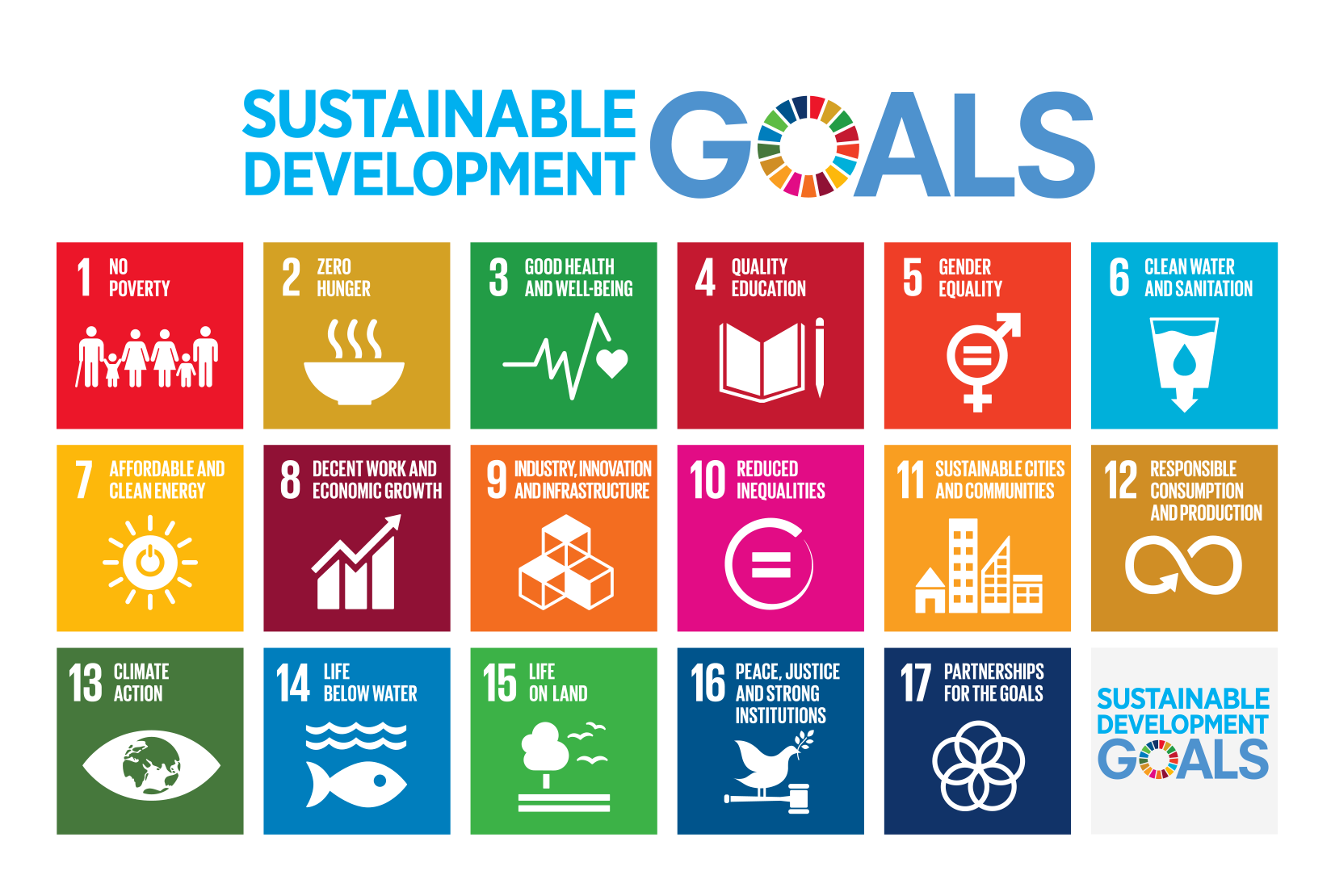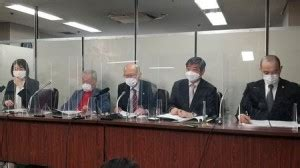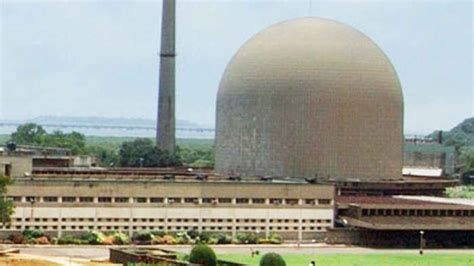Willkommen auf der Seite der "Textinitiative Fukushima"
Die Seiten der Textinitiative Fukushima werden derzeit von der Japanologie der Goethe-Universität betrieben. Gegenwärtiges Anliegen von TIF ist die zeitgeschichtliche Dokumentation. Das Forum dient nun in erster Linie als Archiv für Informationen zu 3/11 sowie allgemein zur Geschichte des Atomaren. Die Suchfunktion ermöglicht Recherchen zu Stichworten, Inhalten und Akteuren.
| Krebspatienten klagen gegen die Betreiberfirma im Jahr 2022 | 07.02.2022 |
"Six people who were children living in Fukushima at the time of the 2011 nuclear disaster and have since developed thyroid cancer have filed a lawsuit demanding a utility pay compensation". "Kenichi Ido, one of the plaintiffs' lawyers, said his client's cancer has progressed, that none of the cases involve overdiagnosis and that TEPCO should be held accountable for radiation exposure unless the company can prove otherwise. TEPCO, in a statement Thursday, apologized for still causing trouble and concerns to the people in Fukushima and elsewhere. It said the company will “respond sincerely” after closely examining the court documents." (Mari Yamaguchi, 27. Januar 2022)
Links: https://abcnews.go.com/International/wireStory/cancer-patients-sue-utility-fukushima-radiation-82506340 |
|
| Postdoctoral Research Fellowship "Environmental History" (Univ. of Oslo) | 04.02.2022 |
"A Postdoctoral Research Fellowship (SKO 1352) is available at the Department of Archeology, History and Conservation, University of Oslo. The position is associated with the research group on Environmental-, Energy- and Climate-History (KLIMER). Applicants should propose a research project relevant for the research group and that engages the histories of the environment, energy or climate in their material configurations. The position is available for a period of 3,5 years. There is a 25 % component of the position which is devoted to teaching and administrative duties. These duties may include obtaining basic teaching qualifications." Bewerbungsschluss ist der 28. Februar 2022. Link: https://www.hsozkult.de/job/id/job-115654 |
|
| Einschlägige Stelle im Verbundvorhaben TRANSENS / FU Berlin - Akzeptanzsteuerung von Atommüllendlagerung | 24.01.2022 |
Transdisziplinäre Forschung zur Entsorgung hochradioaktiver Abfälle in Deutschland "Das Forschungszentrum für Umweltpolitik (FFU) der FU Berlin ist Teil des vom BMWi finanzierten Verbundvorhabens TRANSENS: Transdisziplinäre Forschung zur Entsorgung hochradioaktiver Abfälle in Deutschland. Mit 16 weiteren Forschungsteams aus Deutschland und der Schweiz werden verschiedene Dimensionen des Umgangs mit hochradioaktiven Reststoffen untersucht. Ziel ist die Verbesserung von Qualität und Robustheit der soziotechnischen Gestaltung des Entsorgungspfades. Am FFU werden im Speziellen Fragen der politischen Regulierung (Governance) behandelt, die vom Framing des Problems als wicked problem, über die Medien der Regulation (modes of Governance, wie Kompensationsleistungen) bis zur Öffentlichkeitsbeteiligung im Standortauswahlprozess reichen. Aufgabengebiet: -Weiterentwicklung eines transdisziplinären Forschungsansatzes Einstellungsvoraussetzungen: Abgeschlossenes wissenschaftliches Hochschulstudium (Diplom, Magister, Master) in den Politik- oder Sozialwissenschaften. Erwünscht: - Interesse an den Themen hochradioaktiver Abfälle, Standortsuche und Endlager Link: https://www.polsoz.fu-berlin.de/polwiss/forschung/systeme/ffu/aktuell/2022_01_17_Ausschreibung_WiMi_TRANSENS.html
https://www.normativeorders.net/de/publikationen/105-organisation/assoziierte-mitglieder/7997-lepenies-philipp-dr  |
|
| Rekonstruktion einer Kulturgeschichte des Atomaren: Unfälle mit Atomwaffen | 21.01.2022 |
Die verschwundene Atombombe: "Am 21. Januar 1968 stürzte vor der Küste Nordwest-Grönlands in der Nähe des Thule-US-Luftwaffenstützpunktes ein B-52-Flugzeug ab. An Bord waren vier Atombomben. Die Atombomben waren zwar nicht scharf, beim Aufschlag explodierte allerdings der in ihnen enthaltene konventionelle Sprengstoff. Dies führte dazu, dass die Bombenteile – einschließlich Plutonium, Uran und Tritium - teilweise tief ins Eis einschmolzen. Mit Hilfe grönländischer und dänischer Arbeiter wurde umgehend eine umfassende Suche gestartet. Nach drei Monaten erklärten die US-Behörden die intensiven Aufräumarbeiten für beendet: Man habe das Flugzeugwrack samt aller Bomben gefunden und alles ordnungsgemäß weggeschafft. Doch inzwischen wurde bekannt, dass die Wahrheit anders aussieht. Das US-Militär suchte noch monatelang nach der offiziellen Vollzugsmeldung in aller Heimlichkeit sowohl auf dem Land als auch in den Gewässern vor der Küste weiter. Und gab dann auf: eine Atombombe wurde nie gefunden." Link: https://www.atomwaffena-z.info/impressum.html |
|
| Bhabha Atomic Research Centre (BARC): Atomare Einrichtungen im kultur- und zeitgeschichtlichen Rückblick | 20.01.2022 |
Am heutigen Tag (20. Januar 1957) vor 65 Jahren wurde in Indien als Atomic Energy Establishment Trombay (AEET) vom damaligen indischen Ministerpräsidenten Jawaharlal Nehru das Bhabha Atomic Research Centre gegründet. Das BARC beschäftigt rund 7000 Mitarbeiter. Sie sind in allen Bereichen der Nuklearforschung (Wiederaufarbeitung, Kernwaffen, Reaktorforschung usw.) tätig. Das Bhabha Atomic Research Centre besitzt vier in Betrieb befindliche und vier abgeschaltete Reaktoren. "Am 13. Dezember 1991 brach eine Leitung, die radioaktives Schmutzwasser in die See leitet. Mehrere Arbeiter wurden bei den Aufräumarbeiten verstrahlt." (Wikipedia)
Links: https://de.wikipedia.org/wiki/Bhabha_Atomic_Research_Centre |
|
|
241-245 von 811
|

